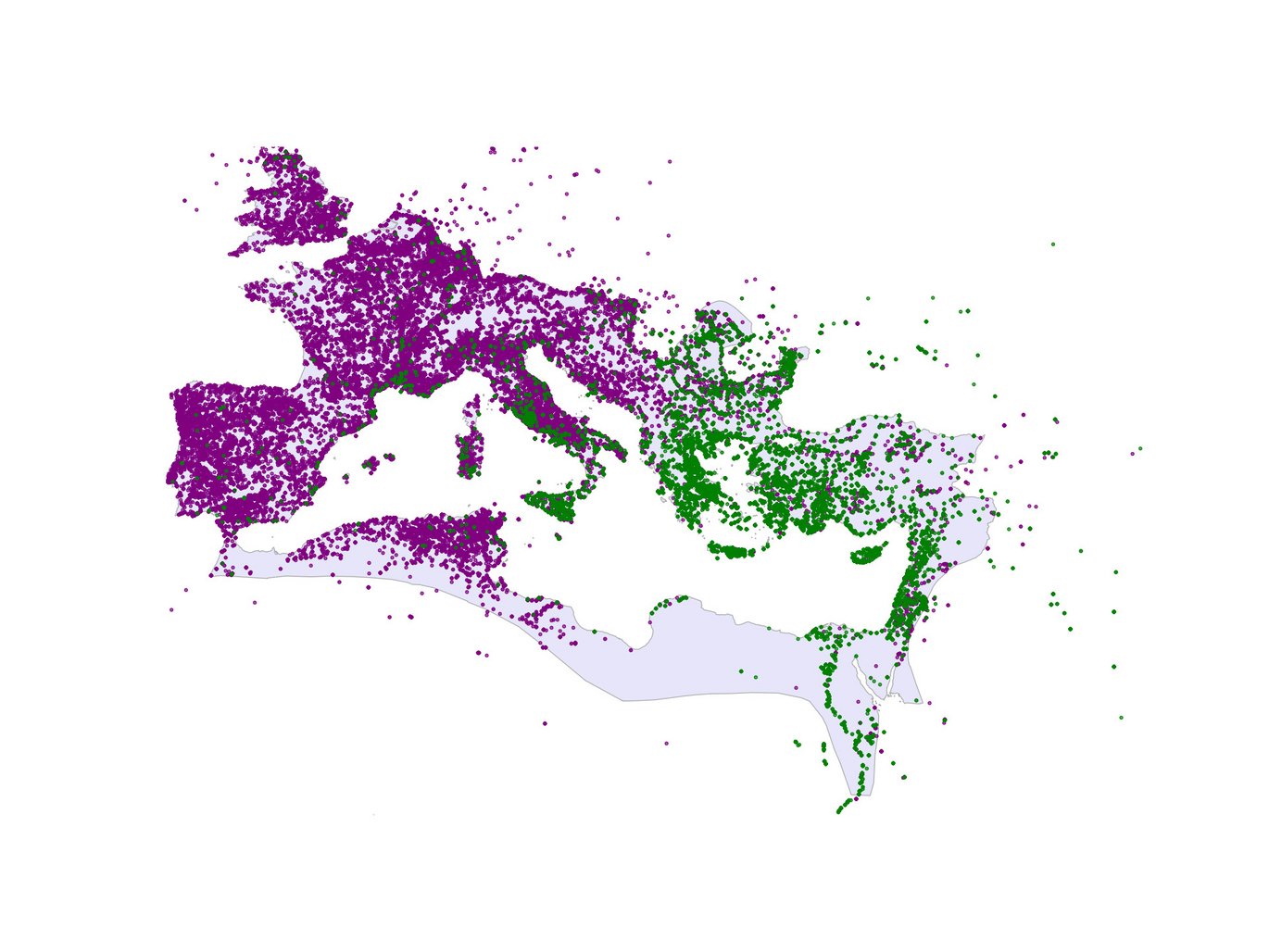Ancient Facebook or writing obsession?
New research helps to reveal why the Greeks and Romans captured so many aspects of their life publicly.

For the first time in human history, we can bring together and study over 700,000 short texts in Latin and Greek written on a durable medium such as stone or pottery jugs. We are now one step closer to answering big questions such as “Why did Greeks and Romans leave so many written remains, while other societies didn’t?” Petra Hermankova, Assistant Professor at the Past Social Networks Project, Aarhus University/UrbNet, explores the role inscriptions played in the ancient Mediterranean and compares the daily life of inhabitants of Greek city-states to the residents of the Roman Empire.
Petra uses computer-assisted methods, such as machine learning and text mining, to gain a deeper insight into what those messages were, why they were created, and how they can be preserved. This approach encourages us to focus on the strategies adopted by the authors, such as the choice of language, its form, and the places selected for its display.
While Greek and Latin texts have traditionally been studied separately, the increased availability of data thanks to advances in the discipline enables us to compare texts in both languages and look for similarities in human behaviour, such as commemoration, preference for religious norms, or self-promotion. The results highlight the differences between the social organisation of the Greeks and the Romans and their approach to the public presentation of information. This research will try to debunk or confirm the common belief that the Latin texts tend to elevate individual social standing and regulate norms of behaviour, while the inscriptions in Greek focus on manifesting one’s religiosity and contributing to the sense of community.
